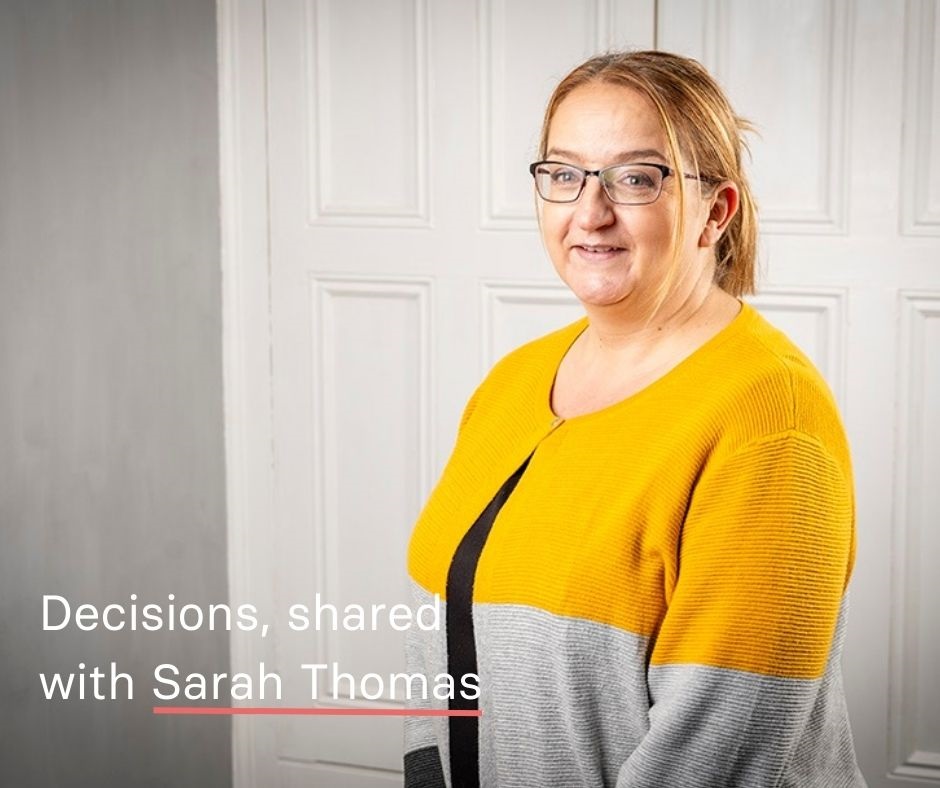Protecting Your Future: Legal Considerations for Cohabiting Couples
6th Feb 2025
Author: Sarah Thomas
With an increasing number of couples choosing to live together without marrying, the question of protecting themselves in the event of separation or death is more critical than ever.
Many people still believe that living together for a significant period grants them the same rights as married couples under “common law spouse” status. However, this is a misconception. In reality, cohabiting couples have very limited legal protections compared to their married counterparts in the event of a relationship breakdown or one couple passing away. There is also no requirement for one party to maintain the other in the event of separation.
It is therefore essential for couples to consider ways in which they can protect themselves and potentially the financial security of the family. Sarah Thomas, Family Law specialist at our Frodsham office, looks at the ways couples can safeguard their interests.
- Cohabitation Agreement
One of the most effective ways to ensure that partners are protected prior to living together is to enter into a Cohabitation Agreement. This document outlines arrangements for finances, property and childcare in the event of separation. It can specify what the partner’s intentions are in relation to bills, property ownership and parental responsibility. To ensure its enforceability, it is strongly recommended that the agreement be drafted by a legal professional.
- Making a Will
It is also advisable for partners to each make a Will. The law relating to inheritance is not the same for cohabiting couples as it is for married couples and in the event of one partner passing away, it may leave the other vulnerable in terms of financial matters. To ensure that your partner inherits your assets as intended, it is crucial to have a legally valid Will in place.
- Property Ownership
How you choose to own property significantly impacts your legal rights on both death and separation. This is especially important where the parties are investing unequal amounts of money. There are two ways in which you can own a property:
- Joint Tenants: Both partners jointly own the property as a whole. In the event of one partner’s death, their share automatically passes to the surviving partner, regardless of any Will.
- Tenants in Common: Each partner owns a distinct share of the property. Upon death, each share is distributed according to the deceased’s Will, allowing for greater flexibility in estate planning, especially when contributions to the property purchase are unequal.
- Declaration of Trust
If you are contributing unequal amounts towards a property, a Declaration of Trust can assist in ensuring that following separation, or one party passing away, the money originally invested is recovered. This is also important where the property is in the sole name of one of the parties, as a Declaration of Trust can protect the interest of the party who is not registered as an owner on the property. Without such an agreement, proving financial interests in the property can be complex and costly.
- Pensions
Whilst cohabiting partners cannot claim each other’s state pensions, it may be possible to nominate a partner to receive dependent benefits from private pension schemes. Reviewing and updating pension nominations ensures that your partner is financially protected.
- Bank Accounts and Investments
There is no law allowing for bank accounts or investments to be shared in the event of separation. This can cause grave financial hardship to the surviving spouse. To prevent potential financial difficulties, consider holding joint accounts or ensuring that investment accounts are appropriately structured to provide mutual access.
How can Butcher & Barlow assist
The legal considerations surrounding cohabitation can be complex. At Butcher & Barlow, we provide specialist legal advice tailored to your circumstances, ensuring the best protection for both you and your partner.
Contact Butcher & Barlow for tailored guidance and support in navigating your financial settlement.
For personalised guidance on Cohabitation Agreements, Wills, property ownership or any other legal matters related to cohabitation, please get in touch.
Sarah can be contacted at sthomas@butcher-barlow.co.uk or on 01928 733871.

The information in this article was correct at the time of publication. The information is for general guidance only. Laws and regulations may change, and the applicability of legal principles can vary based on individual circumstances. Therefore, this content should not be construed as legal advice. We recommend that you consult with a qualified legal professional to obtain advice tailored to your specific situation. For personalised guidance, please contact us directly.